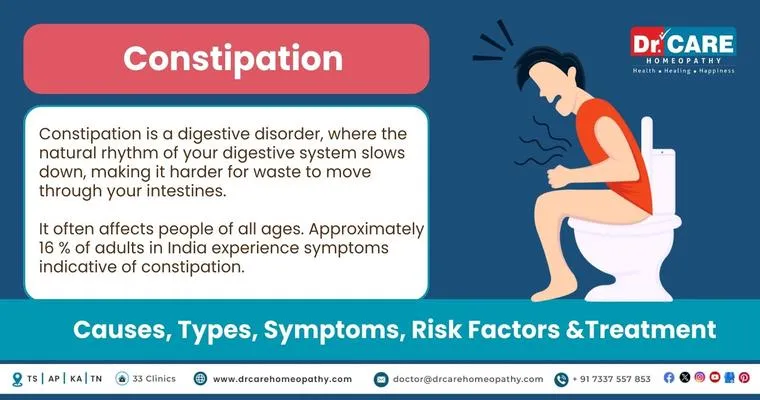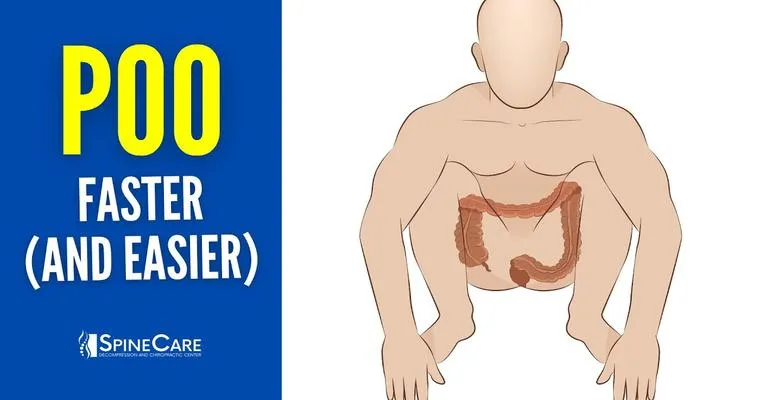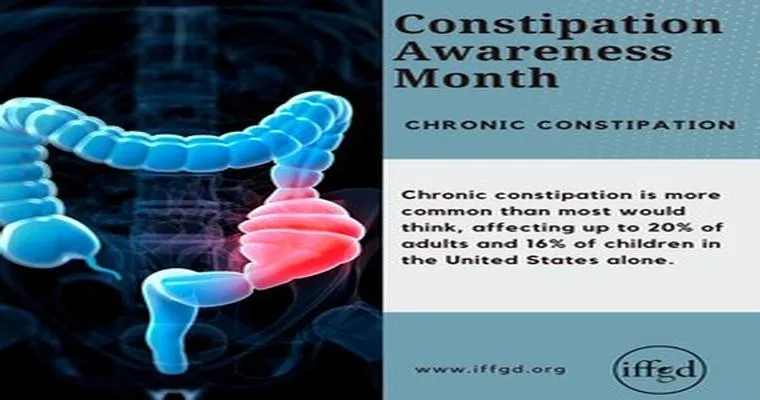Dealing with a loved one who has "constipation" and "early dementia" can be challenging and emotionally taxing. As a caregiver, it is essential to understand the complexities of these conditions and how they can affect your dad's overall health and well-being. In this article, we will explore the connection between constipation and early dementia, practical tips for managing these issues, and how to provide the best support for your dad.
Constipation is a common problem among older adults, and it can be exacerbated by the cognitive decline associated with early dementia. When someone has dementia, their ability to communicate their needs may diminish, making it harder for them to express discomfort or the need for assistance with bowel movements. This lack of communication can lead to further complications, including physical discomfort and a decline in overall health.
One of the primary causes of constipation in seniors is a decrease in dietary fiber intake. It is crucial to ensure that your dad is consuming a balanced diet rich in fruits, vegetables, and whole grains. Additionally, encouraging adequate hydration can help alleviate constipation. Water is essential for digestion, and ensuring your dad is drinking enough fluids can make a significant difference in his bowel health.
Physical activity also plays a vital role in regulating bowel movements. If your dad is able, encourage him to engage in regular, gentle exercise. Simple activities such as walking or stretching can stimulate bowel function and improve overall health. However, if your dad's mobility is limited due to his dementia, consult with a healthcare professional for tailored exercise recommendations.
Another important factor to consider is medication. Many older adults take multiple medications, some of which can contribute to constipation. If you notice any changes in your dad's bowel habits, it is essential to discuss these with his doctor. They may be able to adjust his medications or recommend over-the-counter solutions that can help alleviate constipation.
Caring for someone with early dementia requires patience and understanding. As your dad’s cognitive abilities decline, routine and structure become even more important. Establishing a regular bathroom routine can help him recognize when it is time to go, reducing the likelihood of constipation. Additionally, creating a calm and supportive environment can make the process less stressful for both of you.
It is also beneficial to monitor your dad's mental and emotional health. Early dementia can lead to feelings of frustration, anxiety, and depression, which can further affect his physical health. Engaging him in activities he enjoys, providing companionship, and encouraging social interaction can help improve his mood.
In summary, managing "constipation" in a loved one with "early dementia" involves a holistic approach that includes dietary changes, physical activity, medication management, and emotional support. By taking these steps, you can help improve your dad's quality of life and ensure that he receives the care he needs. Remember, you are not alone in this journey; seeking support from healthcare professionals and local caregiver groups can provide valuable resources and guidance.





